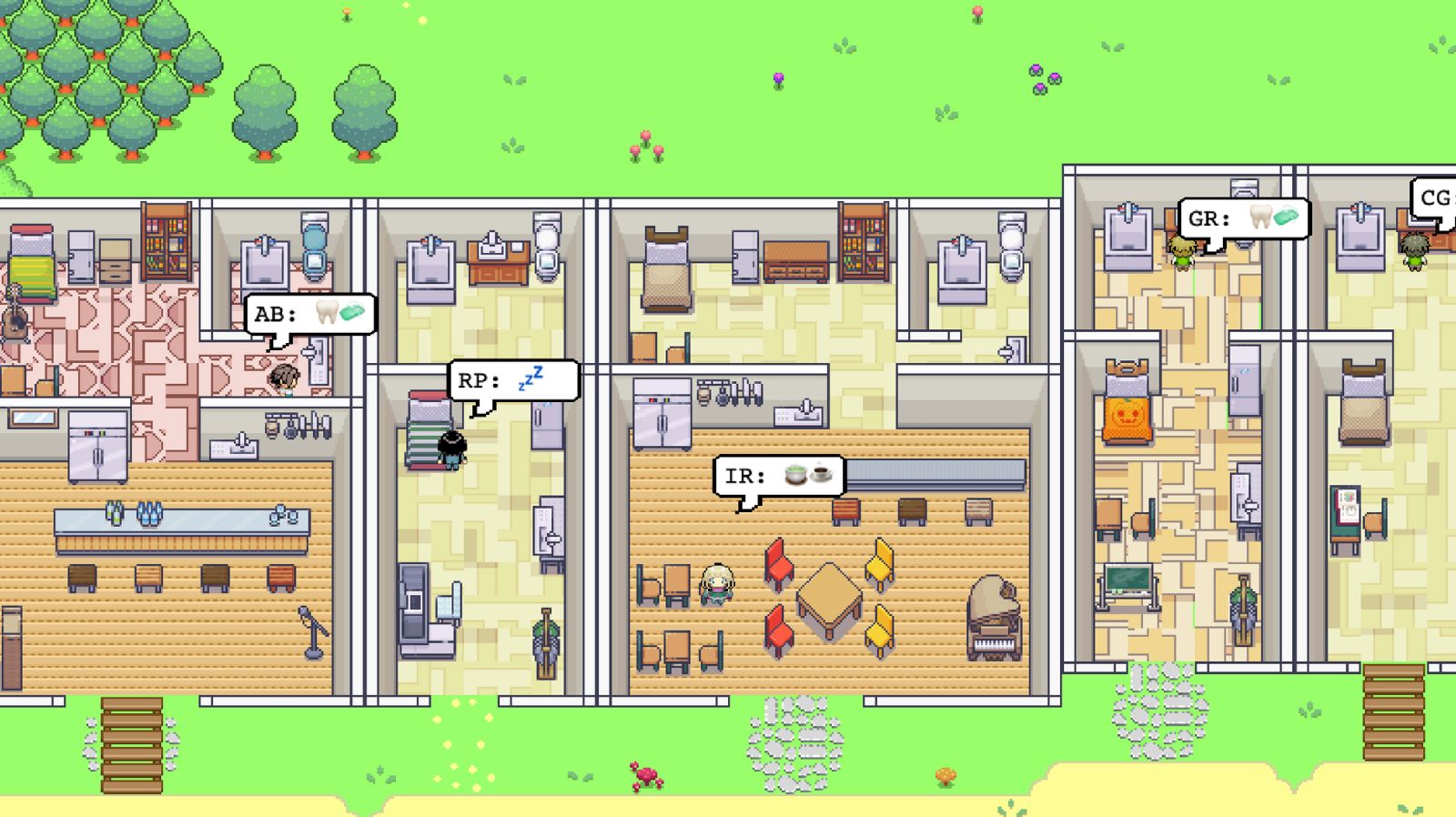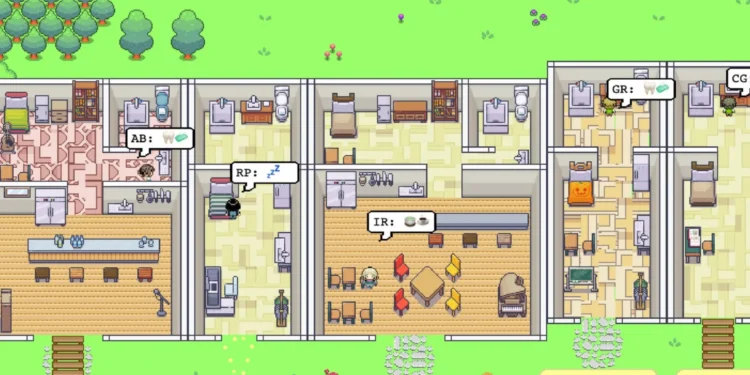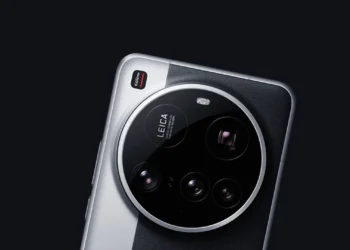Generative Agents: Have you ever watched Freeguy? In the movies, Ryan Reynolds plays an NPC in a video game who develops consciousness and the ability to think for himself. What is an NPC.
NPC: The Non Playable Characters
The term “Non-Playable Character” (NPC) refers to a non-player character. An NPC is a character in video games who is controlled by the game’s artificial intelligence. NPCs are often utilized to perform a variety of tasks in the game world, such as granting quests, delivering information, or selling stuff. For instance, the pedestrians in Vice City comes under NPC. They’re unplayable. Developers program NPCs to repeat chores in the game.
Unlike playable characters, NPCs cannot be controlled by the player and are often limited in their interactions and behaviors. However, as advanced AI technology advances, there is a rising desire in developing more lifelike and dynamic NPCs. One such project is taken up by Stanford and it is dubbed as “Generative Agents: Interactive Simulacra of Human Behavior”.
Generative Agents: Interactive Simulacra of Human Behavior
The concepts and technologies examined in “Generative Agents: Interactive Simulacra of Human Behavior” are similar to the premise of the film “Free Guy.” The movie revolves around an NPC character who behave and act independently regardless of the game’s logic. The Generative Agents project intends to create chatbots that behave like humans in different social situations. This technique could develop more advanced video game NPCs that interact with players more naturally.
The project is centered on the use of language models, such as GPT (Generative Pre-trained Transformer) models, to construct chatbots and virtual agents. They are able to participate in conversations with users in a way that is both natural and human-like. These chatbots and virtual agents will be able to do this by using language models. These chatbots are being trained using a variety of methods, including as reinforcement learning and imitation learning, which the researchers are currently investigating.
Reinforcement learning is a process in which the chatbot is rewarded for particular decisions or behaviors and learns to optimize its behavior in order to maximize its reward. Imitation learning, on the other hand, entails teaching the chatbot by observation and imitation of human behavior.
How it works?
The project entails developing and training chatbots and virtual agents with language models like GPT. The chatbots and virtual agents developed as part of this project are intended to function autonomously. They respond to a wide range of inputs in a natural and human-like manner. This includes small chat, answering inquiries, and mimicking human emotional cues.
In addition, the researchers are also looking into how virtual worlds and simulations may be used to create more realistic and dynamic interactions between chatbots and users. They are exploring different techniques to train these chatbots, including reinforcement learning and imitation learning.
Generative Agents Demo
The “Generative Agents: Interactive Simulacra of Human Behaviour” project currently has no public demo available. The project is currently in the research stage, and the chatbots and virtual agents being developed are most likely in the testing stage and not yet ready for public distribution.

However, a demo of the project was made available in recorded format deployed on heroku. You can access it by using the link below. The researchers demonstrated a virtual sandbox where users may interact with a chatbot AI that can respond to a variety of user inputs and have natural language discussions.
In the experiment, the researchers placed 25 generative agents within a virtual world resembling a sandbox. The simulation involved each agent’s unique history and independent behaviors . The study found amazing behaviors:
- One agent prepared a party, invited pals who invited others, and coordinated the event.
- Another agent ran for mayor, igniting neighborhood discussions about their campaign and politics. This candidate’s agent opinions varied.
- Some agents embellished their memories, adding details or interpreting events.
Final Words
In conclusion, by seeing all this, it reminds me the saying from Elon musk. Elon Musk has expressed his belief that we are likely living in a simulation created by a highly advanced civilization. He has made this claim on several occasions, including in interviews and public appearances.
In other words, “Generative Agents” can be interpreted in a way that makes it appear to be a step towards the creation of more realistic simulations of human behavior and interaction. These simulations have the potential to be utilized in larger-scale simulations of worlds or universes. In additions, it is possible that future iterations of the research could help to develop our knowledge of the simulation hypothesis and the possibility for sophisticated civilizations to produce highly realistic simulations of reality. Even though the project is still in its early phases and there is still a lot of work to be done, it is feasible that future iterations of the project could help.













Discussion about this post